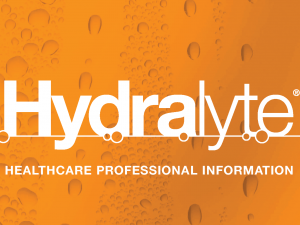Academic pharmacist Nataly Martini provides key information on Helicobacter pylori pathophysiology, diagnosis and evidence-based treatment strategies to enhance patient outcomes
More affordable and accessible cancer treatment needed, reveals international survey
More affordable and accessible cancer treatment needed, reveals international survey
Survey results released today reveal that investment in health infrastructure should be a priority for governments to ensure equal access to cancer care.
To mark the 20th anniversary of World Cancer Day, the Union for International Cancer Control (UICC) commissioned a global survey to form an up-to-date picture of the public’s experiences, views, and behaviours around cancer. The survey included more than 15,000 adults across 20 countries in the first multi-country public survey on cancer perceptions in a decade.
Those surveyed in Australia said the most important actions governments should take are making cancer services affordable (45%), supporting research (32%) and ensuring equal access for everyone (30%).
One in four people surveyed globally (25%) said investing in health infrastructure should be a priority activity for governments, and the same number reported that governments should ensure equal access to cancer care for everyone.
RANZCR President Dr Lance Lawler said, “Cancer affects millions of people across the world. These survey results demonstrate that making cancer services and treatment more affordable and accessible needs to be a priority.
“We know that one in two cancer patients would benefit from radiation therapy at some time during their cancer experience. However, less than one in three patients in Australia and New Zealand will actually receive radiation therapy. This is due to many factors including access barriers, particularly in regional locations and lack of knowledge about modern radiation therapy amongst patients and referrers.
“It is imperative that all patients who could benefit from it have timely access to radiation oncology services, regardless of location, ethnicity, and other social factors.”
For more information on radiation therapy visit www.targetingcancer.com.au
You can read the full survey results in the UICC’s report International Public Opinion Survey on Cancer 2020: What people feel, think and believe about cancer today.
The UICC global survey did not include responses from New Zealand.





